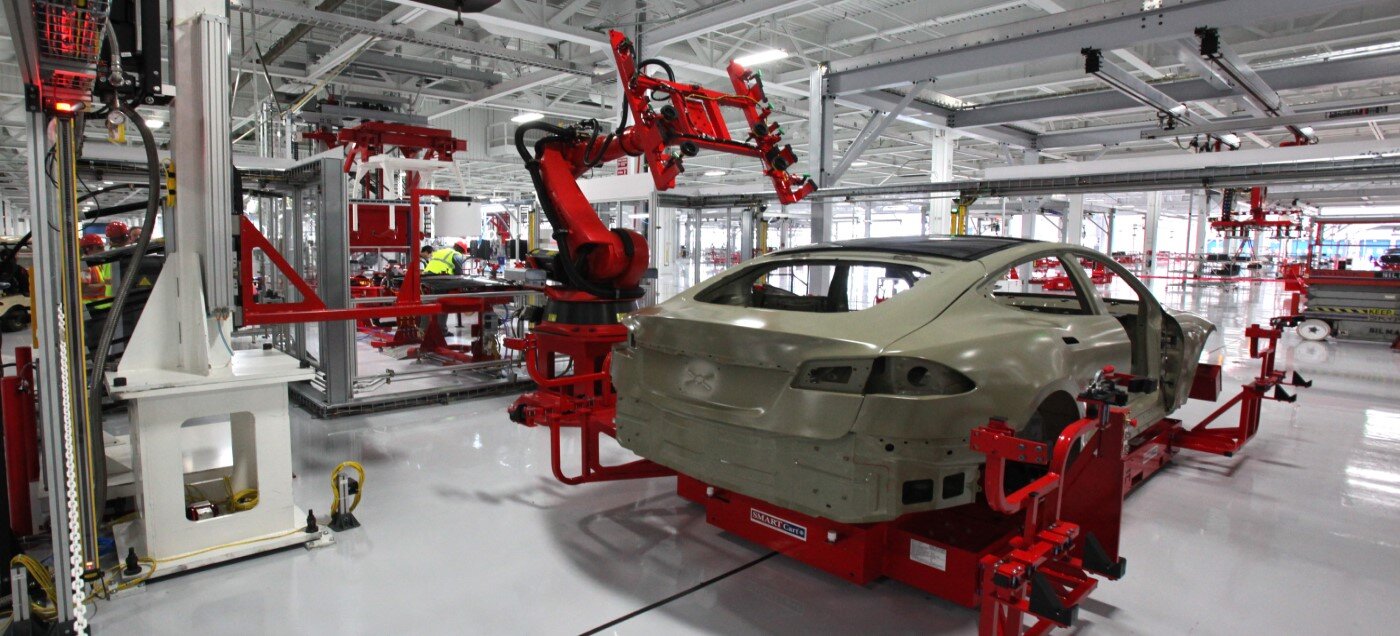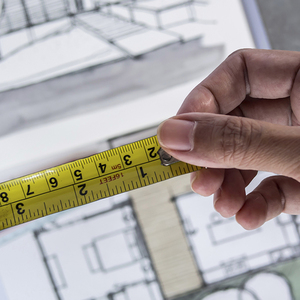Commercial Real Estate News

Demand for Electric Vehicle Manufacturing Space Jumps Across the U.S.
Commercial News » Austin Edition | By Michael Gerrity | September 7, 2023 7:50 AM ET
Driven by growing consumer demand, government goals
According to new data by CBRE, the increased adoption of electric vehicles (EV) in the U.S. has produced a surge in the new construction and leasing of EV-focused facilities, including more than $150 billion of manufacturing plant projects across 16 U.S. states.
The sector's momentum is driven by increased consumer demand for EVs and government incentives designed to boost EV sales and production in support of zero-emission goals. The U.S. aims for half of new car sales to be zero-emission vehicles by 2030, and the Edison Electric Institute projects that EVs in the U.S. will number 26 million by 2030, up from 3 million today.
Rising demand for EVs, charging stations, batteries and other components will require strategically located distribution centers and manufacturing spaces that are often near renewable energy sources. Decisions on where to site those facilities will be influenced by government incentives, labor availability and power availability.

While many EV manufacturing facilities are owned by the companies that occupy them, there has also been a pickup in the leasing of EV-specialized manufacturing and distribution space. The 15 markets that logged 1 million sq. ft. or more of leased space to EV manufacturers over the past five years include:

"We are seeing a massive commitment to the expansion of EVs from both the federal government and corporations. EVs were once considered a futuristic idea, but the time for commercial real estate investors to prepare for them is now," said John Morris, CBRE's President of Americas Industrial & Logistics. "Production has been steadily ramping up across North America as automakers in the U.S. and many other countries race to establish themselves as the leading EV manufacturers."
Demand for EV manufacturing space is heavily concentrated in the U.S.'s Midwest and Southeast regions due to logistical, economic and labor market advantages, but California and Texas also stand to see significant investment. California's Advanced Clean Cars II mandates all new cars sold in the state will be 100% zero-emission vehicles by 2035 and the state already leads the country in EV and plug-in hybrid registrations per thousand people. Texas is also well-positioned with the nation's largest EV company, Tesla, headquartered in Austin.
The ramp up of EV manufacturing is not easy. Among the challenges that developers and manufacturers face include:
- Power supply - EV manufacturing plants need high-voltage power supply, battery assembly lines, charging foundation installation capabilities and advanced robotics and automation systems.
- Labor - The industry's most in-demand job is EV-specialized electrical engineers and technicians. Robust training and education will be critical to address the labor gap.
- Infrastructure - Completing an EV manufacturing project can take three to five years. Many existing plants will be retooled to manage EV production.
- Supply chain - Manufacturing EVs requires a robust supply chain for sourcing key raw materials such as lithium, cobalt and rare earth metals.
Sign Up Free | The WPJ Weekly Newsletter
Relevant real estate news.
Actionable market intelligence.
Right to your inbox every week.
Real Estate Listings Showcase
Related News Stories
Commercial Real Estate Headlines
- One Trillion Dollars of America's Commercial Property Loans Mature in 2025
- U.S. West Coast Dominates Self Storage Demand
- Phoenix, Orange County and Inland Empire Emerge as Leading U.S. Industrial Markets
- U.S. Mega Distribution Centers Leasing Activity Grew in 2024
- U.S. Commercial Borrowing to Increase to $583 Billion in 2025, Up 16 Percent Annually
- Demand for U.S. Life Sciences Space Spikes 28 Percent Annually in Late 2024
- Multifamily Property Sector in America Rebounding
- Asia Pacific Commercial Property Investment Spikes 23 Percent in 2024
- U.S. Commercial Property Market Primed for Growth in 2025
- Architecture Industry Sees Mixed Signals as 2025 Approaches
- Global Data Center Demand Spikes in 2025
- 2025 Prediction: U.S. Commercial Investment Recovery Expected to Gain Traction
- Holiday Retail Sales for 2024 to Hit Record $1 Trillion
- Tech, AI Industries Drive Largest Share of Office Leasing Activity in U.S.
- Commercial Real Estate Lending in U.S. Enjoys Strong Growth in Q3
- U.S. Multifamily Market Begins Recovery in Q3
- Commercial Investment in Japan Spikes 24 Percent Annually in Q3
- Despite Return-to-Office Mandates, U.S. Office Vacancies Continue to Rise
- PROPSIG Tech Startup Acquired by World Property Data
- U.S. Commercial Mortgage Debt Hits $4.7 Trillion in Q2 as Delinquencies Increase
- Hong Kong Class A Office Rents Continue to Downtick in Mid-Summer
- U.S. Office Landlords Tenant Concessions Decline for First Time in 4 Years
- U.S. Commercial Mortgage Originations Spike 27 Percent in Q2 Over Q1
- Phnom Penh's Commercial Office, Retail Markets Face Slowdowns in 2024
- Global Edge Data Center Market to Hit $300 Billion by 2026
- Commercial Property Transactions in Japan Dive 25 Percent Annually in Q2
- Delinquency Rates for U.S. Commercial Property Loans Downticks in Q2
- Megawarehouse Lease Deals in U.S. Increase in 2024
- Office Tenants' Flight to Quality Buildings Increases in 2024
- Commercial Lending in Japan Upticks 6 Percent Annually in Q1
- AI Driving Significant Global Data Center Growth in 2024
- Total U.S. Commercial Mortgage Debt Rises to $4.7 Trillion in Q1
- U.S. Commercial Mortgage Delinquencies Rise in Early 2024
- Asia Pacific Office Sector to Further Reprice Throughout 2024
- U.S. Retail Foot Traffic to Surpass Pre-Pandemic Levels by 2025
- Commercial Real Estate Lending in U.S. Slowed in First Quarter
- Japan Commercial Property Investment Volume Jumps 7 Percent in Q1
- Asia Pacific Commercial Property Investment Leads the World, Spikes 13 Percent
- Driven by High Rates, U.S. Commercial Lending Imploded 47 Percent in 2023
- After Two Year Slump, Prime Multifamily Metrics Uptick in U.S.





